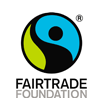Cotton is the world’s oldest commercial crop and one of the most important fibre crops in the global textile industry.
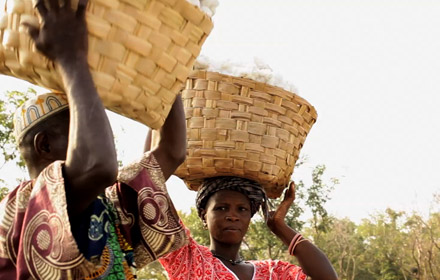
Although world cotton production is dominated by China, India and the US, cotton is vital for the survival of many low income countries in Central and West Asia and Africa – it accounts, in value terms, for 26.4 per cent of Benin’s exports and 58.7 per cent of Burkina Faso’s.
Cotton farmers in lower income countries, including leading producers like India and China, live in hardship. As many as a 100 million rural households – 90 percent of them in lower income countries – are directly engaged in cotton production, relying on it for their income. An estimated 350 million people work in the cotton sector when family labour, farm labour and workers in connected services such as transportation, ginning, baling and storage are taken into account. For farmers, the challenges range from the impact of climate change, poor prices for seed cotton, through to competition from highly subsidised producers in rich countries and poor terms of trade. In particular, government subsidies for cotton farmers in rich countries, particularly the US, create a market with artificially low prices that small-scale farmers are unable to compete in.
How is Fairtrade making things better?
Fairtrade cotton was launched to put the spotlight on these farmers who are often left invisible, neglected and poor at the end of a long and complex cotton supply chain. Through tools like the Fairtrade Minimum Price and an additional Fairtrade Premium and stronger, more democratic organisations, Fairtrade has sought to provide these farmers with an alternative route to trade and higher, more stable incomes. The Fairtrade Cotton Briefing (pdf) provides a detailed overview of the cotton industry and its challenges, and explores why Fairtrade is needed and what it can achieve. Fairtrade helps businesses to source Fairtrade Cotton thus providing traceability of where their cotton comes from and also transparency within their supply chains. Businesses can source Fairtrade cotton in two ways: the classic Fairtrade certified Cotton model and the Fairtrade Sourced Cotton (mass balance model).
Read more about the Covid relief project for Indian cotton farmers (pdf)
Read more about traceability of Fairtrade cotton (pdf)
Find out more about the Fairtrade Sourced Cotton Model
Read more about problems faced by the global cotton industry and how Fairtrade is making a difference.
Read more about Fairtrade Minimum Price and Fairtrade Premium
The story of Fairtrade cotton
Watch our video, which shines a light on the dark side of the fashion industry and aims to show how we can play our part in improving the lives of garment workers.
Fairtrade has developed the Textile Standard that focuses on working conditions, living wages and workers’ rights in the textile industry. The standard is a step towards implementing a comprehensive Fairtrade Textile Programme to change textile supply chains and related business practices. This works alongside our Fairtrade cotton sourcing models to ensure we reach workers in every step of the textile supply chain. Find out more about the Fairtrade Textile Standard.
Where to buy Fairtrade cotton
Buying clothes made with Fairtrade cotton means we can help low paid cotton farmers around the world.
Find out where to buy Fairtrade Cotton
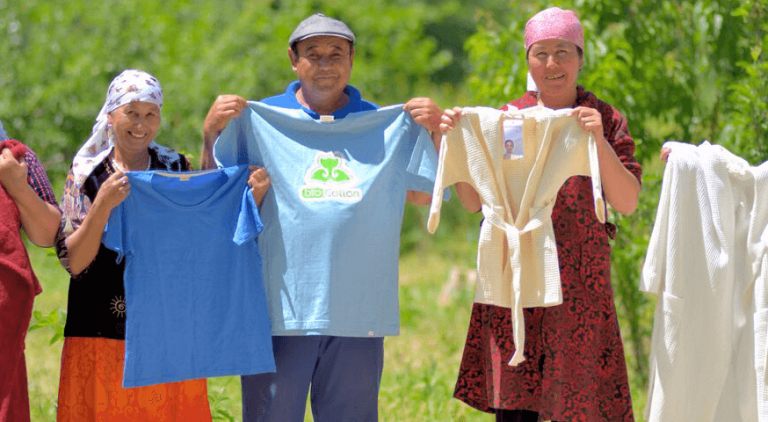
Agricultural Commodity and Service Co-operative (ACSC)
ACSC is based in the south of Kyrgyzstan. The co-operative has been certified since 2008 and brings together around 1,000 small-scale farmers. They sell 60-70% of their crop on Fairtrade terms.
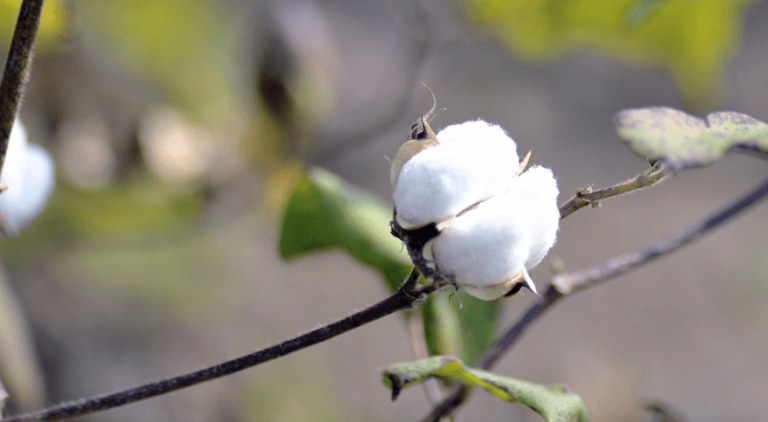
Chetna Organic Agriculture Producer Company Ltd, India
When Chetna Organic was established in 2004, it supported 234 cotton-farming families. Today it supports more than 15,279 cotton-farming families arranged into 13 co-operatives across more than 400 Indian villages.
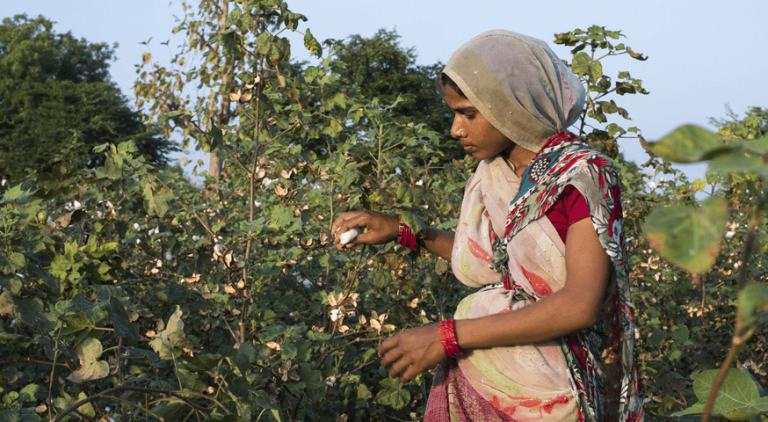
Pratibha Vasudha
Pratibha Vasudha is promoted by Pratibha Syntex Ltd. one of the largest textiles manufacturers in the world. Vasudha translates to ‘Mother Earth’ – this represents Pratibha’s commitment to helping people and the environment.
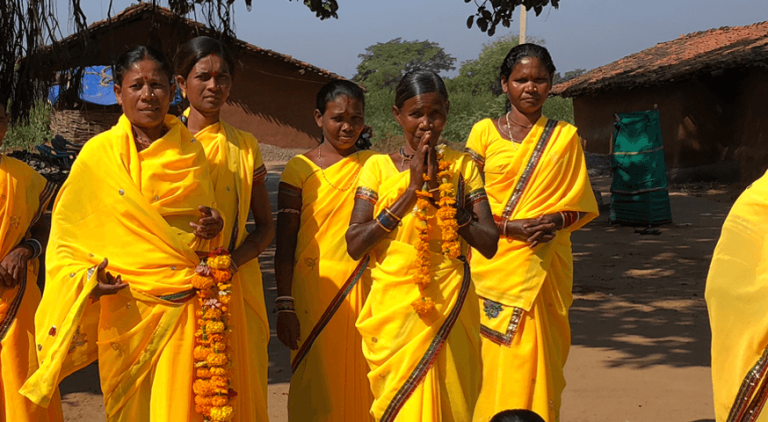
Pratima Organic Grower Group
Pratima Organic Grower Group was founded in 2003 and became Fairtrade certified in 2010. It has more than 3,500 members who cultivate around 4,500 hectares of land. It is dedicated to 100% organic and Fairtrade production.
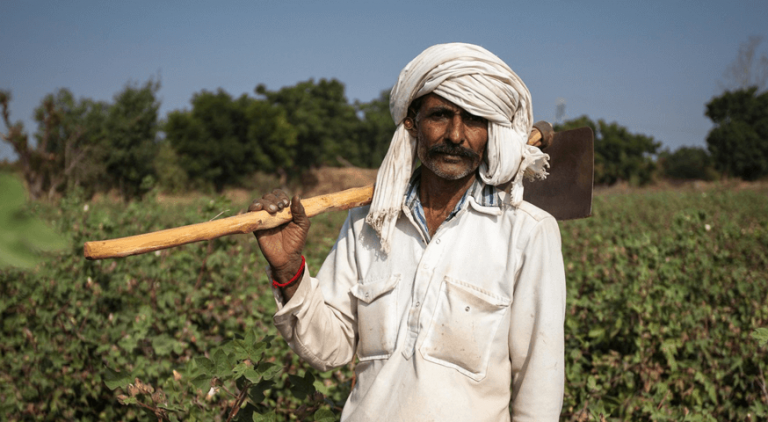
Rapar and Dhrangadhra Farmers Producer Company
The Rapar & Dhrangadhra Farmers Producer Co. (RDFC) is a cotton co-operative founded in 2015 with almost 500 members, located in the western Indian state of Gujarat. In 2016, more than 1,200 tonnes of cotton on the world market came from this co-op.
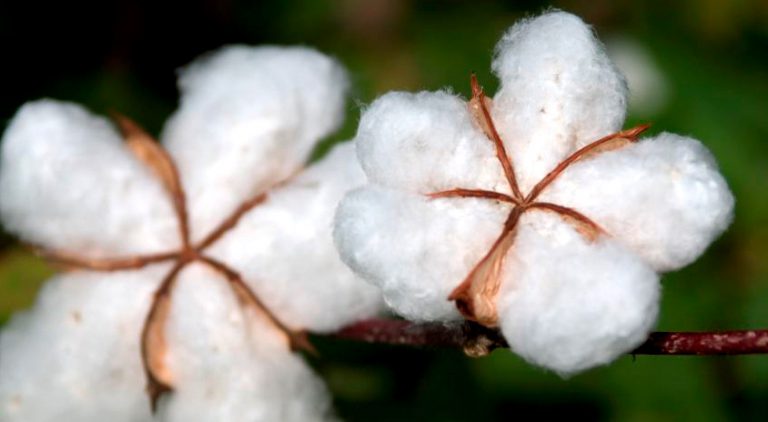
Rwenzori Farmers Marketing Co-operative Society Limited
Rwenzori Farmers Marketing Co-operative Society Ltd is located in Western Uganda, near the foothills of the Rwenzori mountains (meaning ‘Mountains of the moon’). It was certified in 2014 and is the first Fairtrade certified cotton producer organisation in East Africa.
